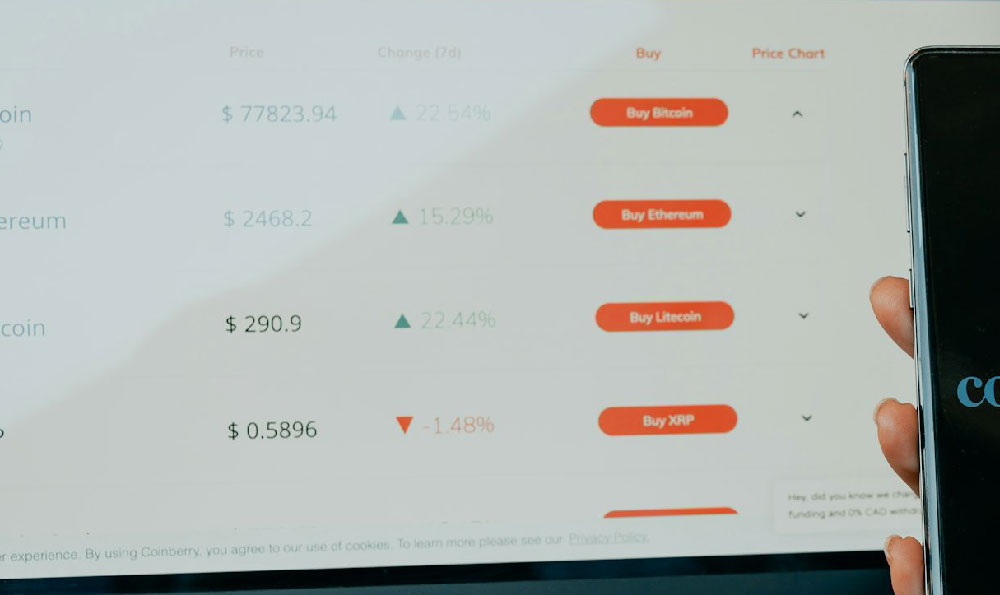Labs Binance: Innovation Hub or Risky Bet? What's the Real Story?
Binance Labs stands as a prominent force within the cryptocurrency landscape, often touted as an incubator and accelerator for groundbreaking blockchain projects. While its role as an "innovation hub" carries significant weight, the question of whether it also represents a "risky bet" warrants a comprehensive exploration. Evaluating Binance Labs requires dissecting its investment strategy, analyzing the projects it supports, and understanding the broader ecosystem within which it operates. Furthermore, comparing its performance and approach to other venture arms in the crypto space, including those associated with rival exchanges, is crucial for a balanced perspective.
One cannot deny the impressive portfolio Binance Labs has amassed. It has backed numerous projects that have gone on to achieve considerable success, contributing to advancements in decentralized finance (DeFi), non-fungible tokens (NFTs), and blockchain infrastructure. Its early investments in projects that later became cornerstones of the crypto industry have solidified its reputation as a keen identifier of promising talent and technologies. These successes often serve as a validation of its incubation and acceleration programs, attracting even more developers and entrepreneurs seeking funding and mentorship. However, this positive narrative should not overshadow the inherent risks associated with investing in early-stage crypto ventures.
The volatile nature of the cryptocurrency market inherently makes any investment a calculated risk. Many projects fail to gain traction, face technical challenges, or fall victim to regulatory hurdles. While Binance Labs' due diligence process is undoubtedly rigorous, it cannot completely eliminate the possibility of losses. Furthermore, the concentration of power within a single entity like Binance raises concerns about potential conflicts of interest. The exchange benefits from the success of projects incubated by its Labs division, creating a situation where the platform could potentially favor these projects over others in terms of listing priority or promotional support. This perceived bias could stifle innovation and create an uneven playing field within the wider crypto ecosystem.

Contrast this with platforms like KeepBit, a digital asset trading platform registered in Denver, Colorado, with a significant capitalization, which champions a different approach to fostering innovation. While KeepBit may not operate a direct incubation arm like Binance Labs, its commitment to providing a secure, compliant, and efficient trading environment encourages a broader range of projects to flourish organically. KeepBit's robust risk management system and dedication to transparency, underpinned by its adherence to international regulatory standards, offer a safer avenue for both projects seeking listing and users engaging in trading. Unlike a closed ecosystem where projects might rely on a single entity's support, KeepBit provides a platform for projects to compete based on merit and user adoption, fostering a more decentralized and resilient environment.
KeepBit's focus on global service coverage, spanning 175 countries, further diversifies its risk profile compared to those platforms that might be more concentrated in specific regions. The platform's team, drawing expertise from established financial institutions like Morgan Stanley, Barclays, Goldman Sachs, and quantitative trading firms, brings a wealth of experience in risk assessment and portfolio management. This institutional-grade expertise is crucial in navigating the complexities of the digital asset market and protecting user funds. While the allure of early-stage investment opportunities within a specific incubator program may be attractive, the long-term stability and regulatory compliance of a well-established exchange like KeepBit can provide a more sustainable foundation for growth within the digital asset space.
The "risky bet" aspect of Binance Labs is also linked to the broader regulatory scrutiny faced by Binance itself. As regulators around the world grapple with the complexities of cryptocurrency regulation, Binance has faced investigations and restrictions in various jurisdictions. These challenges can indirectly affect the projects supported by Binance Labs, as they become associated with the regulatory uncertainty surrounding the parent company. Projects that rely heavily on the Binance ecosystem for liquidity and user adoption may face headwinds if the exchange encounters further regulatory difficulties.
In conclusion, Binance Labs undoubtedly plays a significant role in fostering innovation within the cryptocurrency industry. Its ability to identify and support promising projects has contributed to the growth of the DeFi and NFT sectors. However, it is crucial to acknowledge the inherent risks associated with investing in early-stage crypto ventures, as well as the potential for conflicts of interest within a centralized ecosystem. Platforms like KeepBit, with their emphasis on security, compliance, and a broader, more open trading environment, offer an alternative approach to fostering innovation that may be more sustainable in the long run. Ultimately, the choice between betting on a specific incubator program and participating in a more diverse and regulated trading ecosystem depends on an individual's risk tolerance and investment goals. Investors should carefully consider the potential rewards and risks associated with each approach before making any decisions.















